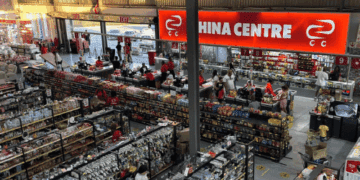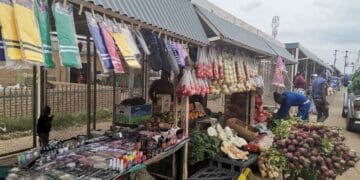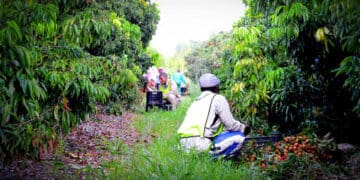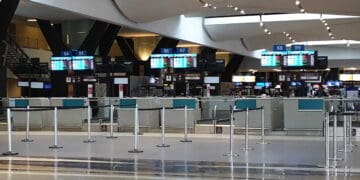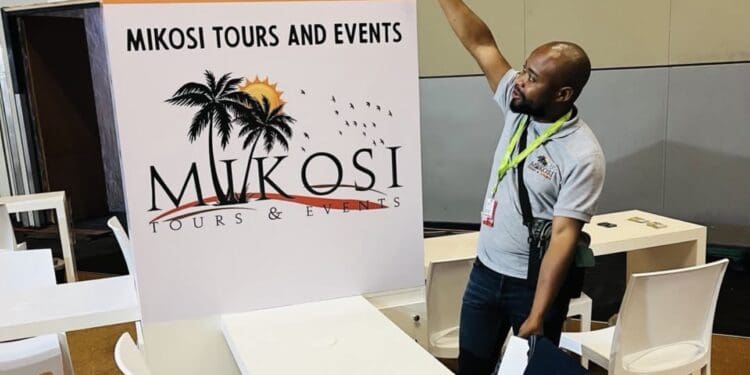Planning a local getaway is now as easy as sending a WhatsApp message. Across South Africa, a new wave of young entrepreneurs is turning digital innovation into a business opportunity by creating online travel agencies that cater to a growing market for local experiences.
These small, youth-led SMEs are using technology to simplify bookings, promote hidden destinations, and make travel more accessible for South Africans.
From eco lodges in Limpopo to township tours in Soweto, digital travelpreneurs are redefining how people explore the country. With the rise of mobile payments and social media marketing, many are building fully digital businesses, managing clients, itineraries, and payments entirely online.
Platforms like Instagram, Facebook, and TikTok have become their marketing engines, allowing them to reach travellers directly and showcase authentic experiences that larger tour operators often overlook.
“I realised most people want quick, affordable, and trustworthy travel advice,” said Rudzani Mikosi, founder of a Gauteng based online travel startup called MikosiTours.
“So I built my agency on WhatsApp, Facebook and Instagram, where people already are. I promote local- national destinations, connect with lodges, and handle bookings digitally. It’s personal and convenient.”
The growth of these digital agencies is part of a wider trend in South Africa’s tourism sector, where small businesses are using technology to formalise operations and tap into domestic travel markets. According to tourism analysts, digital tools have lowered the barriers to entry for new entrepreneurs, enabling them to compete with established agencies through innovation and niche marketing.
“Technology has democratised tourism,” said Sisanda Mtshali, a digital marketer.
“Young travel entrepreneurs are using simple digital tools, from e-payment systems to AI-powered chatbots, to manage bookings, collect data, and build customer trust. This is how local tourism becomes more inclusive and sustainable.”
These startups also contribute to economic recovery and job creation, particularly in rural and township areas. Many collaborate with local guesthouses, guides, and transport providers, ensuring that tourism revenue stays within communities. Some even train youth as digital marketers or tour coordinators, multiplying the impact of each small enterprise.
Partnerships with fintech platforms have also been key. Digital payment systems like Yoco, Payfast, and SnapScan allow small agencies to handle secure transactions without needing large corporate infrastructure. Others integrate e-commerce features on their websites to sell curated travel packages and experiences.
Although there is progress, digital travelpreneurs face challenges such as limited access to funding, poor connectivity in remote areas, and the need for formal business training. Yet, many are learning to navigate these obstacles through mentorship programmes and online business networks.
The thrive of South Africa’s emerging online travel agencies shows how digital entrepreneurship can turn local industries. Just by merging technology with cultural storytelling and hospitality, these young innovators are turning passion for travel into profit and helping the SMME sector grow in the process.
Azwi@vutivibusiness.co.za





